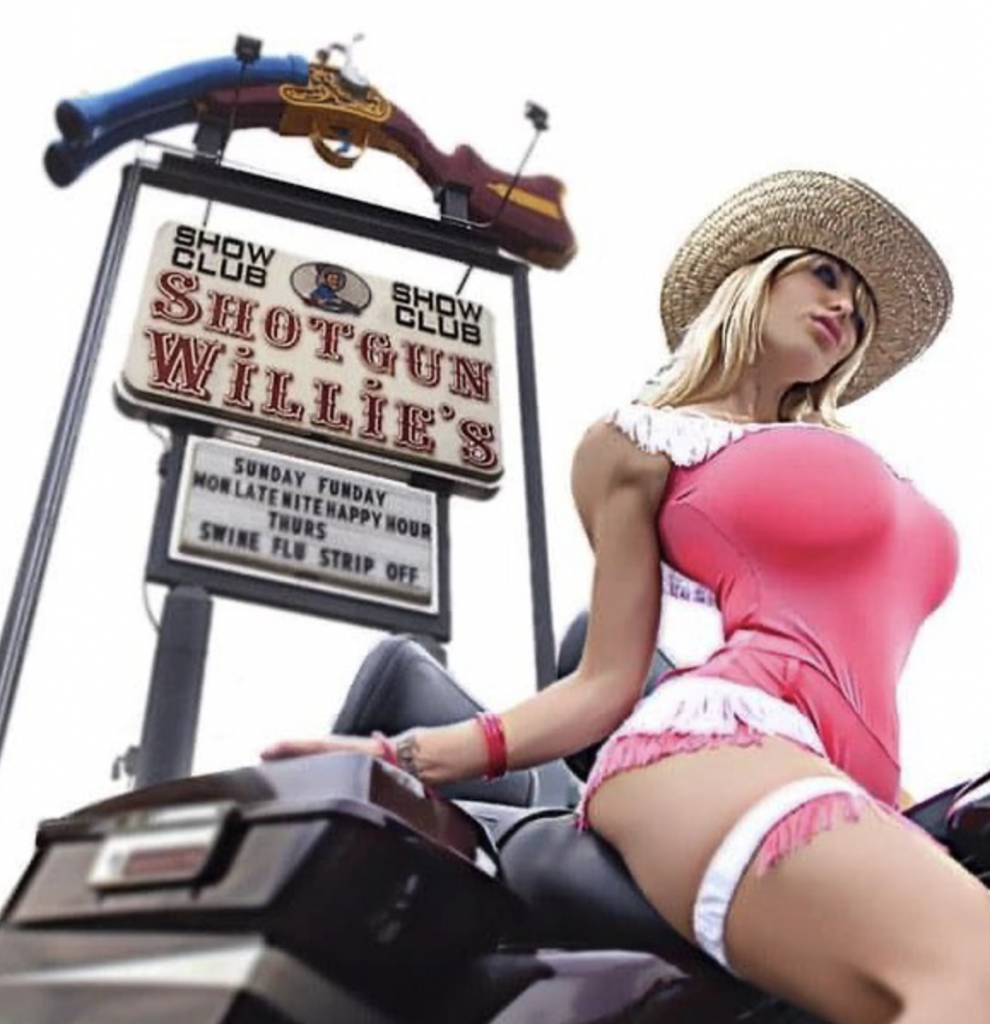On March 4, superstar NBA guard Ja Morant of the Memphis Grizzlies decided to go live on Instagram. No big deal, right? Well, it was, because in that video Morant was brandishing a firearm inside of an adult nightclub (though it was initially reported that he was inside a “Denver-area nightclub”).
Not surprisingly, all hell broke loose. Morant was immediately suspended by the NBA for eight games and was ordered to attend a counseling program. (Note: He’s still in hot water even today, as more details emerge about further issues he’s had in the Memphis area.)
“Ja’s conduct was irresponsible, reckless and potentially very dangerous,” NBA commissioner Adam Silver said in a statement. “It also has serious consequences given his enormous following and influence, particularly among young fans who look up to him. He has expressed sincere remorse for his behavior. Ja has also made it clear to me that he has learned from this incident and that he understands his obligations and responsibility to the Memphis Grizzlies and the broader NBA community extend well beyond his play on the court.”
 Just days after the Instagram Live drama unfolded for Morant, another key piece of information was presented by the media: Morant was not in a “Denver-area nightclub,” he was instead at the Shotgun Willie’s strip club. And it got worse: Someone from Shotgun Willie’s apparently sold what looks like security camera screenshots of Morant in the club getting lap dances with bottles and cash all around him.
Just days after the Instagram Live drama unfolded for Morant, another key piece of information was presented by the media: Morant was not in a “Denver-area nightclub,” he was instead at the Shotgun Willie’s strip club. And it got worse: Someone from Shotgun Willie’s apparently sold what looks like security camera screenshots of Morant in the club getting lap dances with bottles and cash all around him.
Many on social media decried Shotgun Willie’s for “selling Morant out,” a breach of an unspoken yet no-less-important social contract of sorts: That is, athletes and celebrities go to strip clubs all the time, but the club is expected to keep those visits anonymous. Clubs are supposed to protect their high-profile guests, provide them with security and privacy, and let what happens in the club stay in the club.
So what, exactly, happened in this case? The little-better-than-a-tabloid “news” outlet, the New York Post, likely paid someone at Shotgun Willie’s to provide them with the photos. The Post did admit as much in their article, “Ja Morant suspended eight games by NBA after strip-club gun video” when they wrote, “The Post obtained exclusive photos of the two-night extravaganza at the establishment in which Morant was said to have dropped about $50,000 in cash.”
The Post and writer Matthew Sedaccam went on to sensationalize Morant’s visit to Shotgun Willie’s this way:
“Memphis Grizzlies All-Star point guard Ja Morant dribbled and drooled over a stripper at the same Denver-area jiggle joint where he blew $50,000 in tips — and flashed a gun 48 hours later — shocking photos obtained by The Post and insiders reveal. The … snaps show the bad-boy baller at raunchy Shotgun Willie’s in Glendale, Colo., transfixed by the backboard of a G-string-clad brunette straddling his lap inside in the VIP room — and almost every inch of surface covered in cash.”
Not exactly the most flattering portrait of the club or of Morant.
As a longtime attendee to the the Annual Gentlemen’s Club EXPO, ED Publications felt as if it was only right to get the club’s version of the events and allow them an equal opportunity to explain exactly what happened, and how the information and photos made their way to media. ED Editor Lilly Jenner interviewed Shotgun Willies GM Matt Dunafon, who explains that it is the club’s top priority to protect the privacy of their guests.
ED: We understand that you have probably been a little swamped by media. We were hoping we could get a couple of comments from you on what happened with the Ja Morant situation.
Dunafon: As far as celebrities go, the best comment would be, we really don’t — you know, I’ve been here since 1993, and I don’t think I’ve ever commented about a celebrity being in here ever, and I think it’s bad business to do that. It’s a private club, and Shotgun Willie’s respects the privacy of all our customers, whether they’re celebrities or not. Back in the ‘90s and 2000s, the celebrities would just come and hang out in the club with everybody else. But with cell phone camera, I mean, there’s no — we don’t allow photos in the club at all. But people can be sneaky, and the phones are so good that you can take sneaky pictures, take them at night. So we find that a lot of the celebrities now don’t want to be photographed or in public.
ED: Do you know who shared the information about Ja Morant?
Dunafon: It was not authorized. And the information was — you know, the media like really, really came after us about it. They literally messaged people that hadn’t worked for me in years and never got an answer from anyone that works for me now. And they eventually paid someone, because someone took a picture and they got a hold of the picture. And they paid someone and took a picture, unauthorized and not allowed.
“I felt like I betrayed Ja Morant. I felt bad because I wanted him to come in and have a good time and celebrate, not have to be punished for it and pay for it in the press. And he made a mistake, he shouldn’t have done what he did. But he’s a 23 year old and he made a mistake. He was a very sweet guy. And I have nothing but great things to say about him.” – Dunafon
ED: What was it like to make the national news for this situation?
Dunafon: What what was it like? I didn’t like it.
ED: It felt like bad press?
Dunafon: It did. I felt like I betrayed Ja Morant. I felt bad because I wanted him to come in and have a good time and celebrate, not have to be punished for it and pay for it in the press. And he made a mistake, he shouldn’t have done what he did. But he’s a 23 year old and he made a mistake. He was a very sweet guy. And I have nothing but great things to say about him.
ED: So it sounds like you would say that clubs have a certain obligation to protect the identities of celebrities?
Dunafon: Yes! Absolutely.
ED: You get a fair amount of celebrities in your club?
Dunafon: Yes.
ED: What would you say are the challenges of having celebrities in your club?
Dunafon: Making sure everyone treats them accordingly and just like a normal customer, which allows them to have a good time and relax, just like everybody else. We’re in the entertainment business, the gentlemen’s club business, so men can be men and have a good time and smoke a cigar, have a drink and look at beautiful ladies, and we want to afford celebrities that same thing. They have hard days, too, and it’s nice that they can come here and relax.
ED: Thank you so much for that. Do you have any further advice for clubs that may end up in a position like this or just how to handle celebrities as a club manager?
Dunafon: You want to treat your celebrities excellent and give them as much privacy as possible and make them feel comfortable.
- Story introduction by Dave Manack, interview by Lilly Jenner
- Photo of Ja Morant courtesy of Wikipedia Creative Commons
- Photo of Shotgun Willie’s from club Facebook page





























